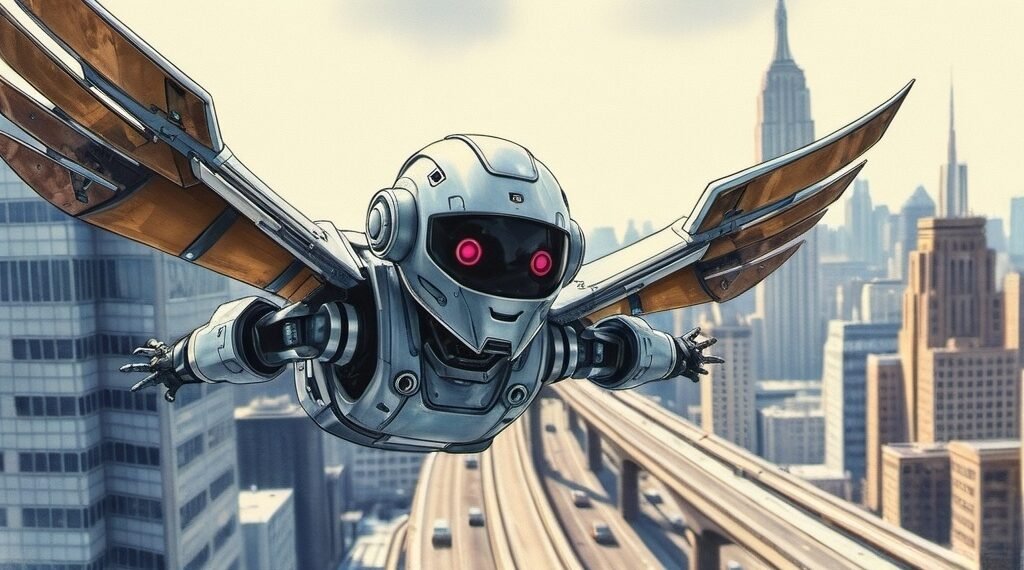Two years after the rise of generative AI sparked by ChatGPT, the initial excitement surrounding effective AI assistants has waned. The next evolution in AI focuses on autonomous agentic technology, which, while not yet accessible to general consumers, serves specialized users such as programmers.
Recent advancements by companies like Anthropic, Google DeepMind, and OpenAI reveal models capable of functioning on computers similarly to humans—executing online searches, completing forms, and navigating interfaces. With user guidance, these agents can handle tasks such as software coding and design, and for everyday agentic AI can order groceries and transportation, even buying airline tickets. Despite current limitations, these developments illustrate a trajectory towards greater AI integration in everyday activities.
While early AI agents have been integrated into specialized software, consumer-oriented solutions are still being developed, hinting at a future where users might gradually cede executive powers to AI. Concerns regarding security and transparency of these agents remain pertinent, but it is expected consumers will have access to useful AI agents later this year as companies unveil their innovations, potentially transforming routine task management.
The ainewsarticles.com article you just read is a brief synopsis; the original article can be found here: Read the Full Article…




